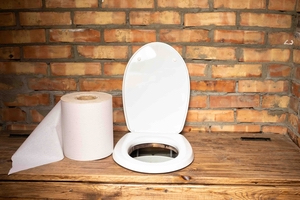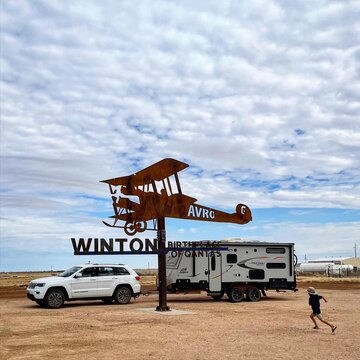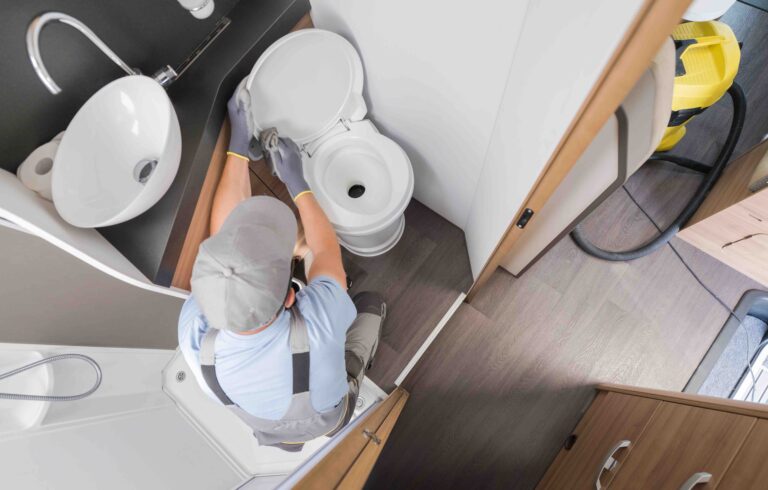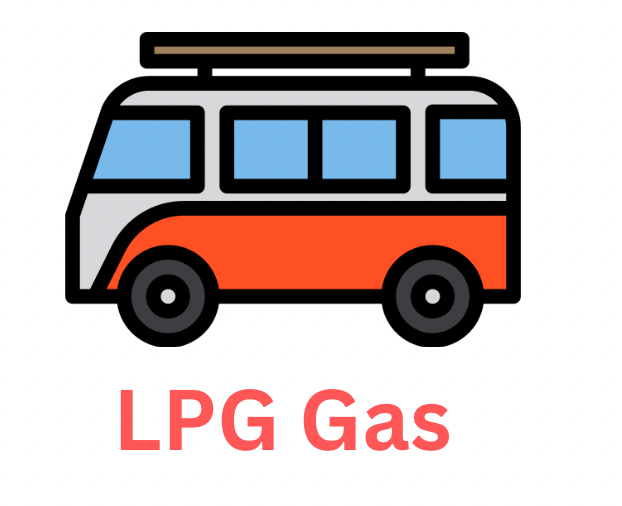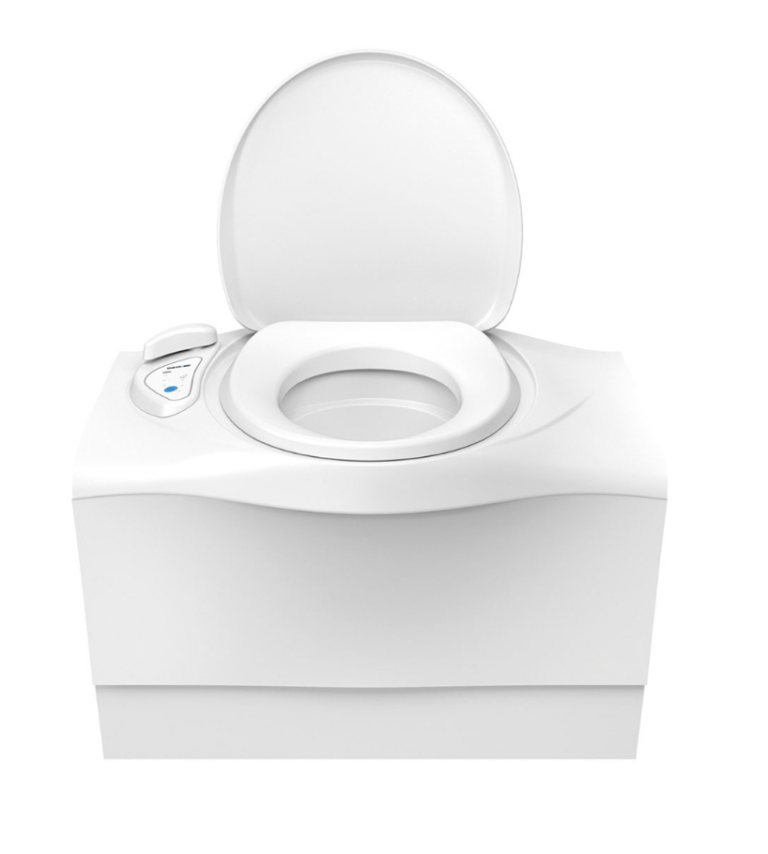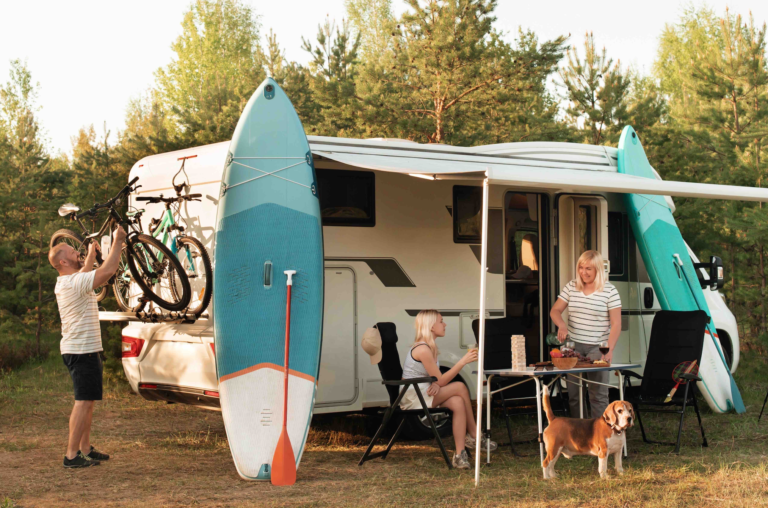Caravan maintenance 101: what you need to know”
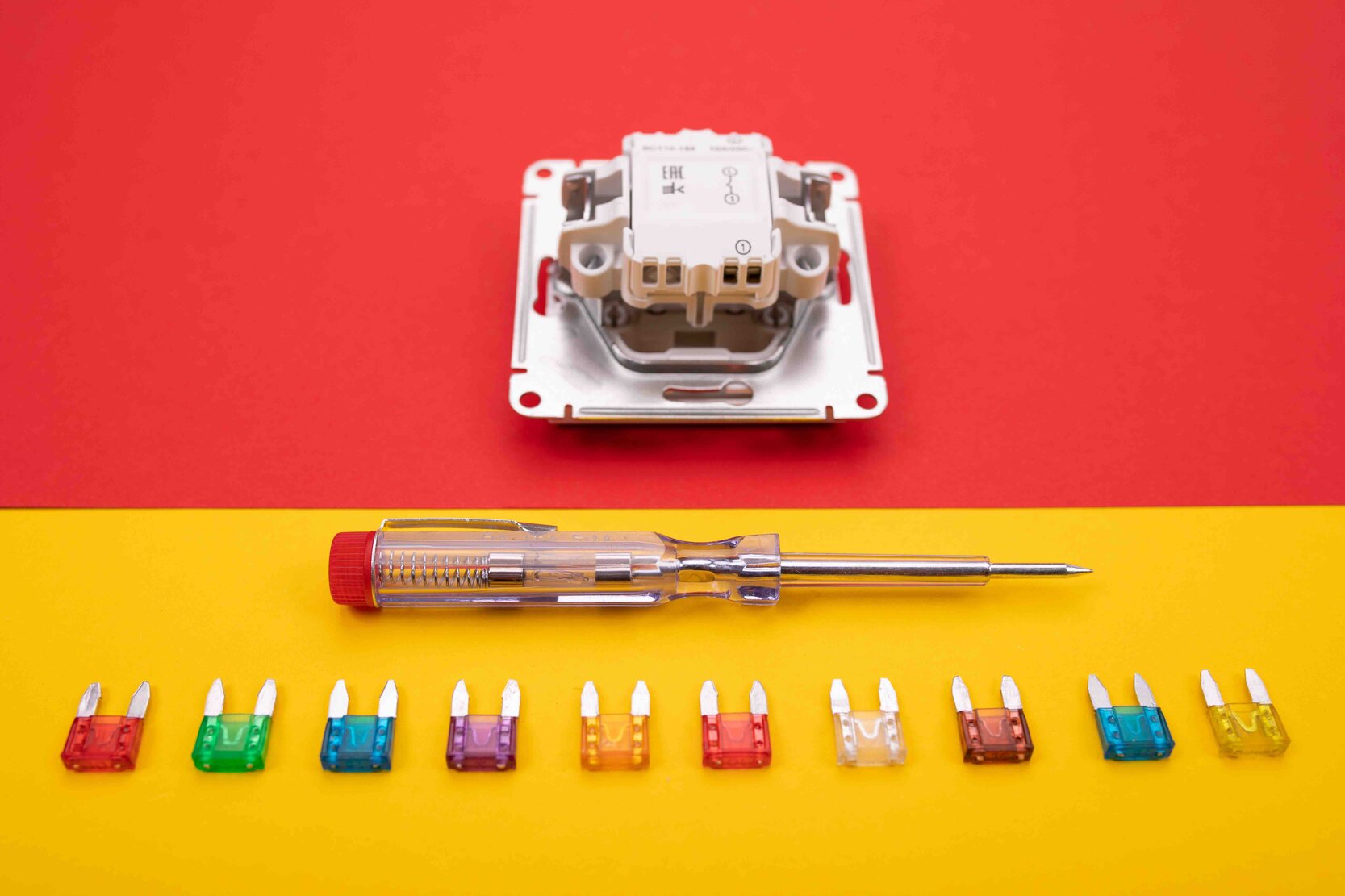
Like any other vehicle, caravans require regular maintenance to perform at their best.
Caravan maintenance is important for several reasons. First and foremost, it helps ensure that your caravan is safe and reliable on the road.
Regular checks may help you identify issues before they become major problems, reducing the risk of breakdowns or accidents. Caravan maintenance can also save you money in the long run by preventing more expensive repairs or replacements.
For instance, a well-maintained caravan can get better fuel efficiency, which translates into cost savings for caravan owners who frequently hit the road. Another key benefit of maintaining your caravan is that it helps preserve its value.
A well-maintained caravan will likely retain more resale value than one that has been neglected or poorly maintained. In this article, we’ll cover everything you need to know about basic caravan maintenance practices to keep your beloved home on wheels running smoothly and safely while providing years of memories and adventures.
From checking tire pressure to troubleshooting common issues, we’ll provide tips and guidance on how to maintain every aspect of your caravan. So buckle up and let’s dive into this essential topic – Caravan Maintenance 101: what you need to know!
Basic Maintenance
Caravan owners must understand that maintaining their vehicle is a critical aspect of ensuring longevity, reliability, and safety during road trips. Basic maintenance often involves routine checks that are easy to do and can help prevent costly repairs down the line. Here are some key areas of basic maintenance you should prioritize:
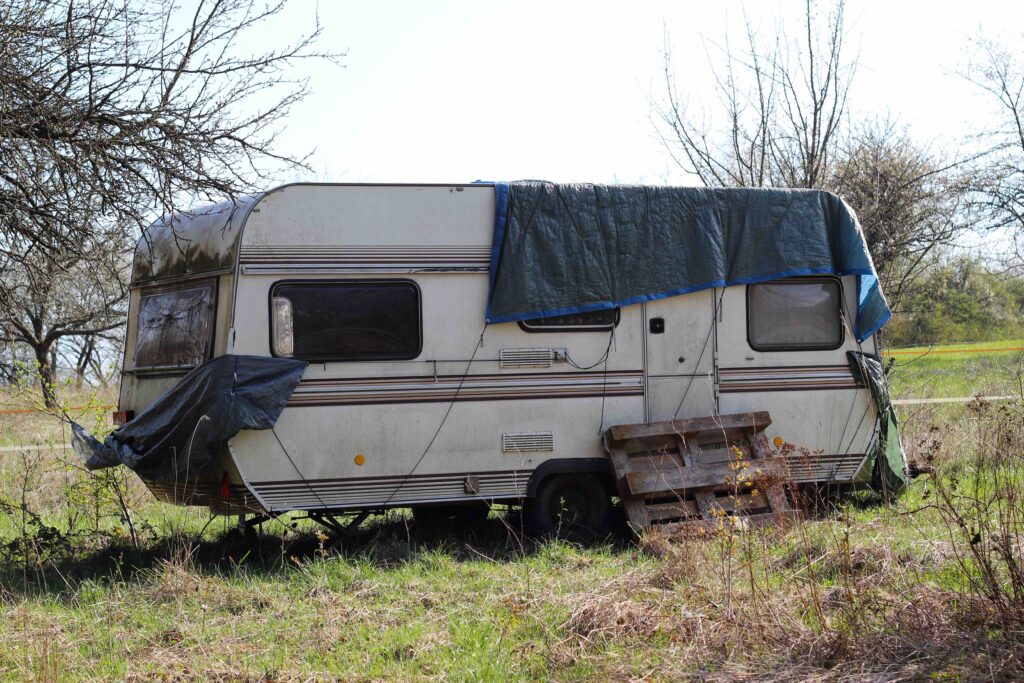
Checking Tire Pressure and Tread Depth
The first step in ensuring your caravan’s tires are in good shape is to check their pressure and tread depth before every trip. Overinflated or underinflated tires can lead to uneven wear on the tread, which reduces your vehicle’s stability on the road. You can find the recommended PSI range for your caravan’s tires in the owner’s manual or printed on the tire itself.
Keep in mind that as temperatures change, so does tire pressure. After a long drive or if it’s been very cold outside, make sure you check it again before hitting the road again.
Tread depth refers to how deep the grooves between tire treads measure. The minimum legal requirement is 1/16th of an inch but it is recommended that they be replaced at 4/32nds of an inch for safety reasons but this may vary depending on your location or specific driving needs.
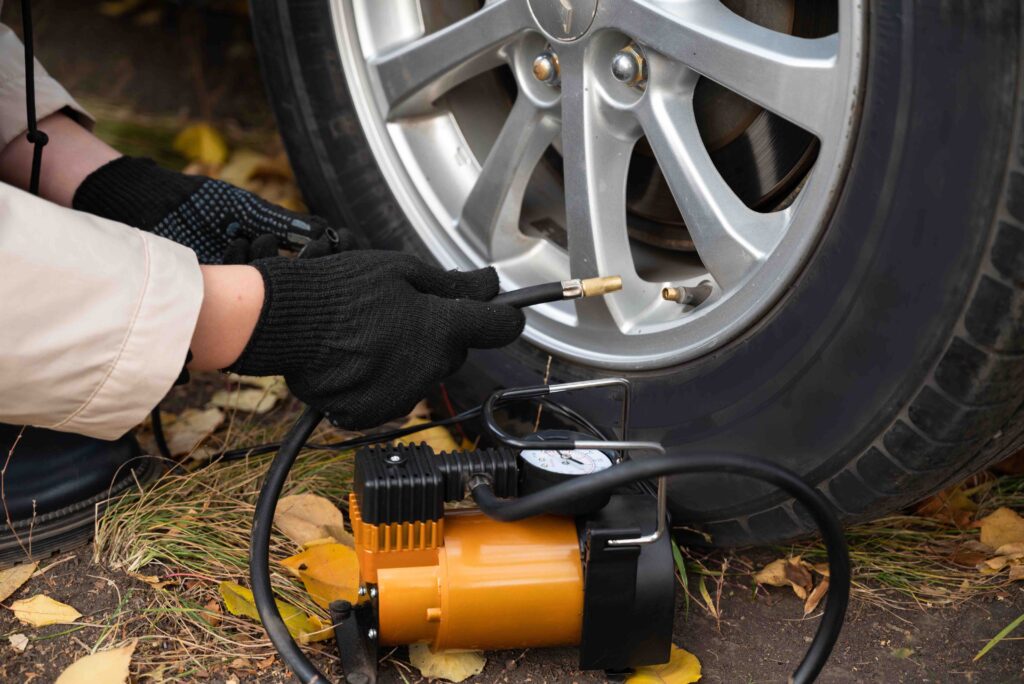
Inspect the brakes:
Keeping your brakes in good condition is crucial for your safety. Check the brake pads, rotors, and drums for any signs of wear and tear, and replace them if necessary.
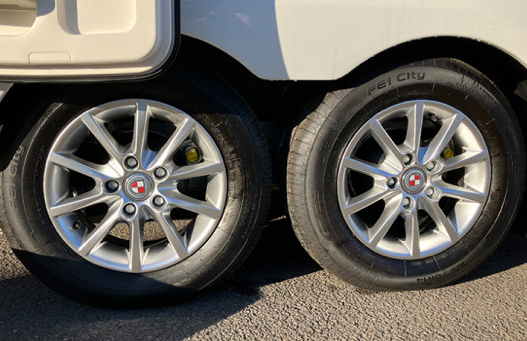
Maintain the suspension system:
Make sure to inspect the suspension system for any signs of damage or wear, such as leaking shocks or worn-out bushings. Keeping the suspension in good condition will ensure a smooth ride and better handling.
Clean and lubricate moving parts:
Regularly clean and lubricate moving parts such as hinges, locks, and slide-outs to prevent rust and corrosion. This will help prolong the lifespan of these components and prevent any issues from arising.
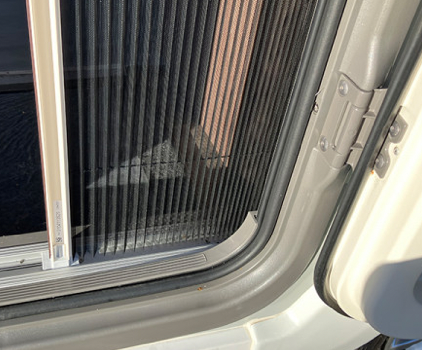
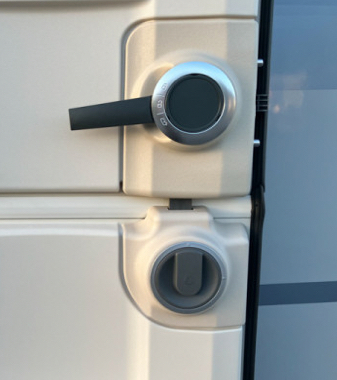
Inspect the seals and roof:
Check the seals around windows, doors, and roof vents for any signs of wear or damage. Also, inspect the roof for any cracks or leaks that could lead to water damage inside your caravan.
Test the safety features:
Regularly test the smoke alarms, carbon monoxide detectors, and fire extinguishers in your caravan to ensure they are functioning properly. Replace batteries or equipment as needed.
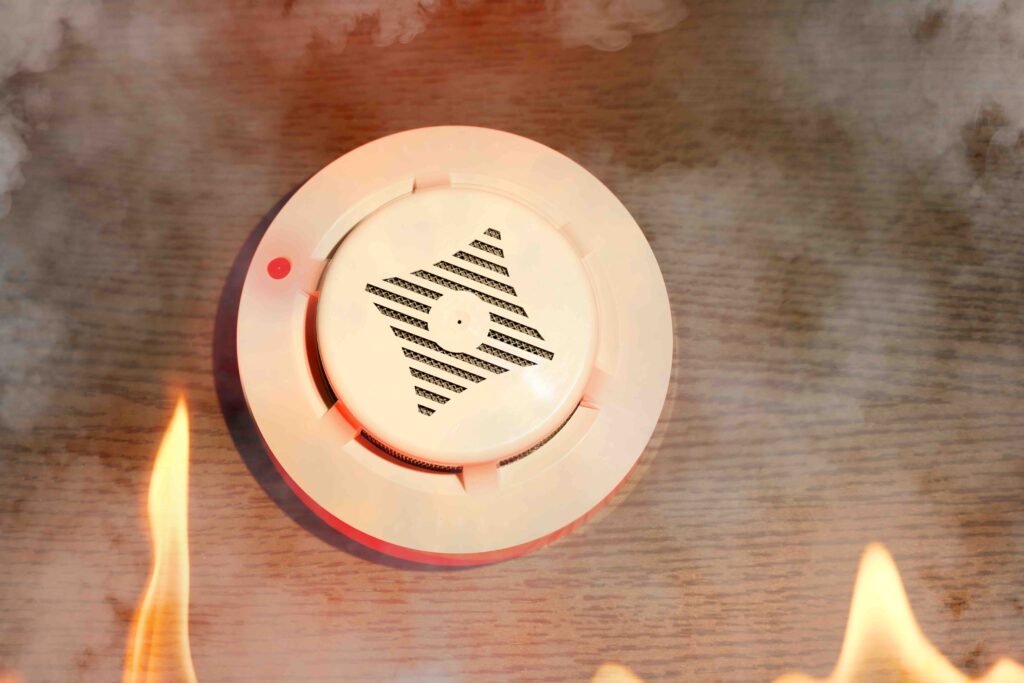
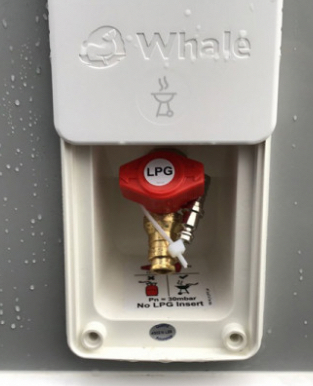
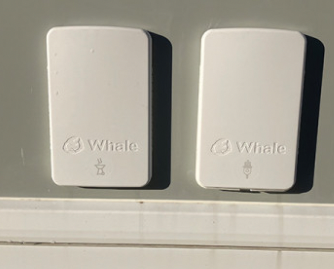
Cleaning and Waxing the Exterior
Regular cleaning and waxing can help prevent rust, fading, and other damages to your caravan’s exterior. Cleaning includes removing dirt, debris, bugs or bird droppings while waxing involves applying a protective layer of wax to seal the paint surface. Use a mild soap and soft-bristle brush to avoid scratching the surface of your caravan.
It is recommended that you clean it regularly to maintain its appearance as well as protect it from environmental factors such as UV rays that could cause damage. Basic maintenance is an integral part of owning a caravan; it doesn’t have to be complicated or time-consuming but is essential in ensuring your vehicle stays with you for years to come!
Electrical System
Testing the Battery and Replacing When Necessary
Your caravan’s battery is the heart of your electrical system. Without a functioning battery, you won’t be able to power any of your appliances or systems while on the road. That’s why it’s important to test your battery regularly and replace it when necessary.
To test your battery, you’ll need a voltmeter. Simply connect the voltmeter to the battery terminals and check the reading.
If it’s below 12 volts, it’s time for a replacement. You should also inspect your battery for signs of corrosion or damage, as these can indicate larger issues with your electrical system.
Replacing a caravan battery is fairly straightforward – simply disconnect the old one and install the new one in its place. Just make sure to follow all safety precautions when handling batteries, as they can be dangerous if mishandled.
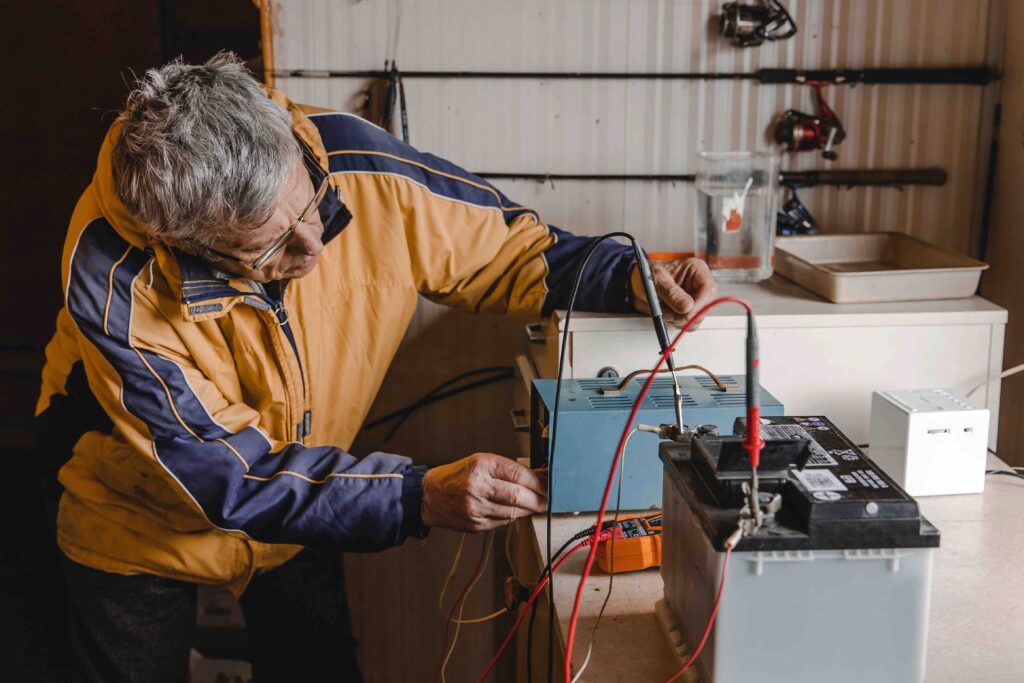
Checking Fuses and Wiring
Another important aspect of maintaining your caravan’s electrical system is checking your fuses and wiring regularly. Fuses protect various components from power surges or shorts by breaking the circuit if too much current flows through them. If a fuse blows, you’ll need to replace it with a new one of equal amperage.
To check your fuses, refer to your owner’s manual for their location and then inspect each fuse visually by looking for breaks in their filaments or melted plastic housing which indicates that they have blown out. You should also inspect wires for signs of wear or damage such as frayed ends which may require repair by an electrician who specializes in caravans.
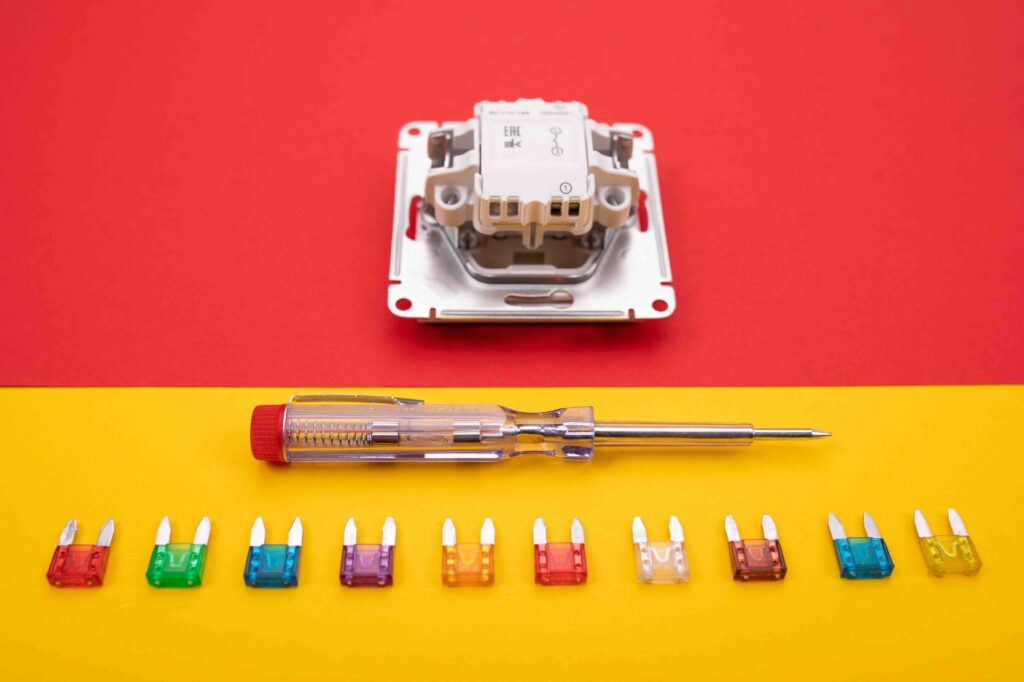
Maintaining Appliances Such as The Fridge, Stove, and Air Conditioning Unit
Your appliance maintenance starts with regular cleaning both inside and outside of these devices because dirt buildup lowers efficiency which leads to higher power consumption. Check the operation of the refrigerator by adjusting the thermostat to the recommended temperature and observing it for a few hours, ensuring that it cools properly.
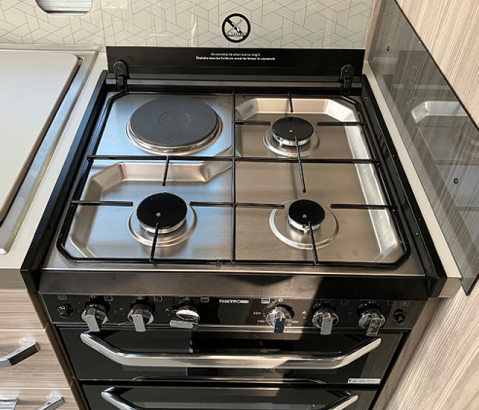
To maintain your air conditioning unit, you should clean or replace its filters in accordance with the manufacturer’s instructions typically once per season. You should also inspect its fan blades and coils for dirt buildup regularly.
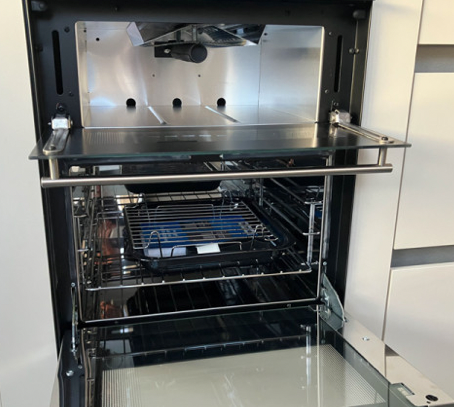
Keeping your stove clean is important not only for hygiene but also for safety reasons because built-up grease can increase fire risks. So make sure to wipe down all surfaces after every use and clean burners as needed.
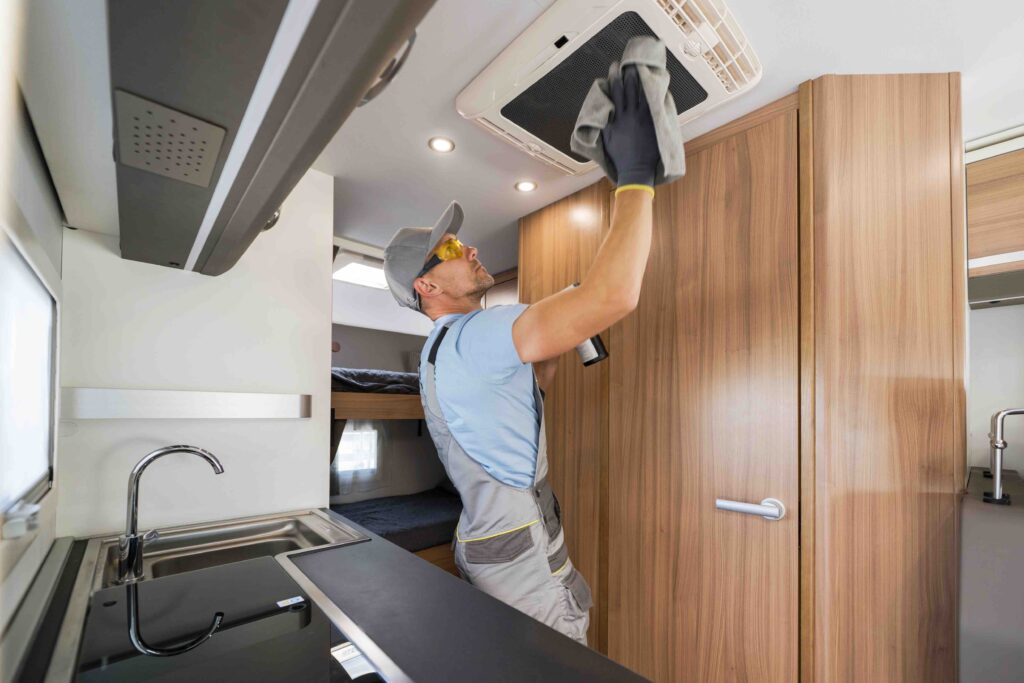
These simple steps can help you maintain your caravan’s electrical system and keep your appliances running smoothly while on-the-go. By performing regular check-ups of batteries, fuses/wiring inspection and cleaning/maintaining appliances like stoves or refrigerators you’ll avoid costly breakdowns during those long road trips!
Plumbing System
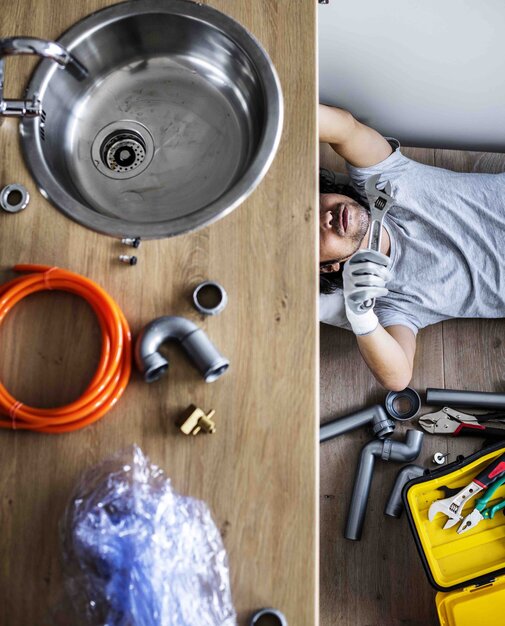
Flushing out water tanks regularly
One of the most important aspects of maintaining your caravan’s plumbing system is to regularly flush out the water tanks. Over time, minerals and other deposits can accumulate in the tank, leading to reduced water quality and even mold growth.
To prevent this from happening, it’s recommended that you flush out the tanks every 3 months. To do this, start by draining all of the water from the tank.
Then, fill it up with fresh water and add a solution of bleach or vinegar to help break down any deposits that may have built up. Let it sit for a few hours before draining again and flushing with clean water until no trace of the solution remains.
Checking for leaks in pipes or faucets
Another important part of keeping your plumbing system in good condition is checking for leaks in pipes or faucets. Even small leaks can lead to significant damage over time if left unchecked, so it’s essential to identify and repair them promptly. Begin by examining all visible pipes and fittings for signs of wear or corrosion.
Look for any visible signs of dampness or discoloration around joints or fixtures as well as any hissing sounds when the taps are turned on indicating air entering into pipes through leakage points. If you detect a leak, turn off the water supply immediately while waiting for a plumber to fix it as soon as possible so as not to worsen its effect on your caravan’s plumbing system.
Maintaining the toilet
The toilet is one area that requires regular maintenance in your caravan’s plumbing system. To keep everything running smoothly and avoid unpleasant odors, make sure you clean it regularly with mild soap or specialized cleaning solutions designed specifically for RV toilets.
It’s also important to use only approved toilet paper brands; they are more biodegradable than others and will not clog the system. Avoid flushing anything other than human waste or toilet paper down the toilet, as this can lead to clogs and other issues that may require professional help.
To prevent damage to the valve seals, add a cup of RV antifreeze into your black water tank after every trip before storage. This will also help to control odors and keep the plumbing system in good working condition.
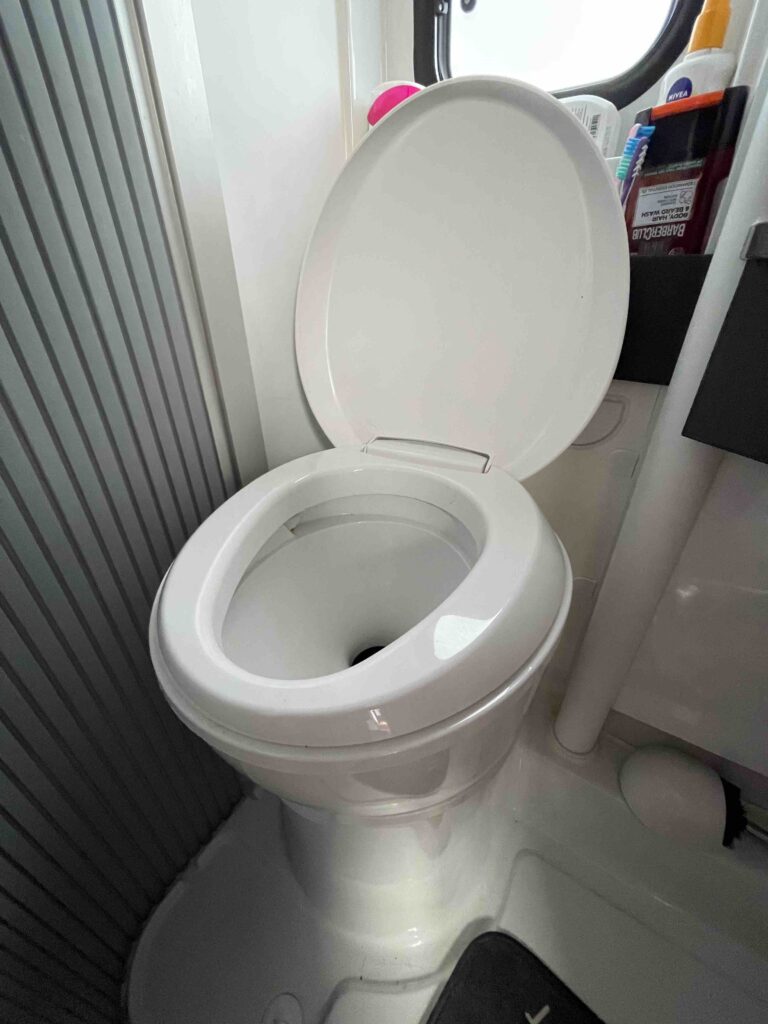
Store your caravan properly:
When not in use, store your caravan in a dry and secure location to prevent damage from the elements. Covering your caravan with a breathable cover will also help protect it from dust and debris.
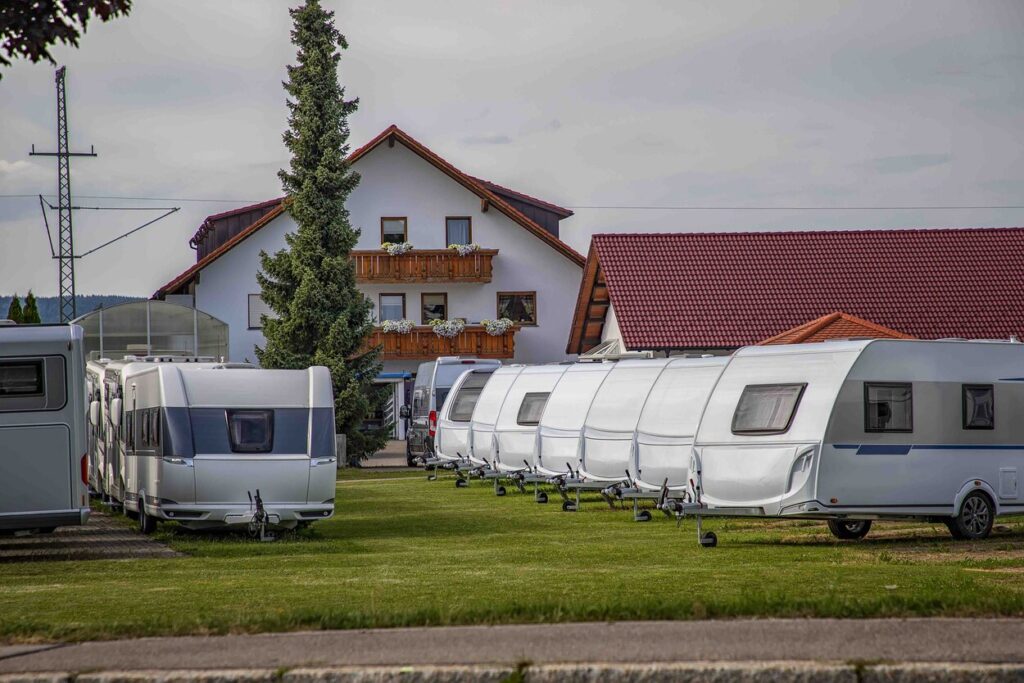
Servicing your Caravan
Caravan owners should prioritize an annual service to maintain their vehicle’s optimal condition. An annual inspection by a qualified technician helps identify any underlying issues, ensuring safety on the road and readiness for future adventures. Routine maintenance checks should also be performed regularly to inspect various systems and components of the caravan.
Inspecting the handbrake system is crucial for safety and peace of mind while traveling. Routine inspections enable early detection of any issues, allowing for prompt resolution. Additionally, regular checks of wheel bearings, brakes, lights, tires, gas system, and chassis help prevent breakdowns, accidents, and costly repairs.
Consider your caravan’s usage when determining service frequency. Frequent use, particularly for long trips or off-road adventures, may necessitate more frequent servicing to maintain optimal condition. It’s advisable to adhere to the manufacturer’s recommendations for servicing intervals and seek advice from a qualified technician for personalized guidance on servicing frequency. By staying proactive with maintenance, caravan owners can ensure their vehicles remain safe and reliable for their journeys.
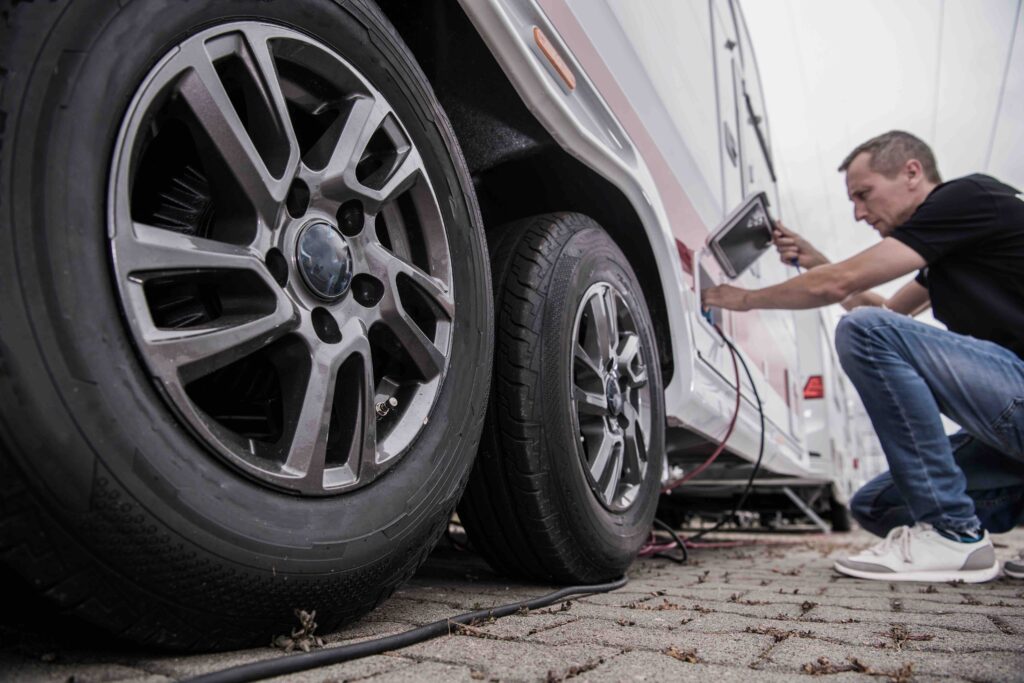
The plumbing system is essential for a comfortable caravan experience, but it’s often overlooked during maintenance. By flushing out water tanks regularly, checking for leaks in pipes or faucets, and maintaining the toilet properly, you can avoid costly repairs and ensure everything runs smoothly on your next adventure. With these tips and tricks in mind, you’ll be able to enjoy your caravan for years to come without any problems related to its plumbing system.
Exterior Maintenance
Inspecting roof for damage or leaks
As you inspect the exterior of your caravan, one of the key areas to pay attention to is the roof. Over time, weather and other factors can cause damage or wear that can lead to leaks.
To prevent any problems, it’s a good idea to inspect your caravan’s roof at least once a year. Start by checking for any visible signs of damage, such as cracks or tears in the surface.
You should also look for signs of water damage inside your caravan to identify any potential leak areas. If you find evidence of water stains or mold on the ceiling or walls – it’s time for action.
If you find any problems with your roof during inspection, it’s important to address them as soon as possible. Whether this means sealing up cracks with a patch kit yourself or calling in a professional roofing contractor depends on how comfortable and confident you feel with DIY repairs.
Lubricating hinges and locks
The hinges and locks on your caravan are essential components that allow doors and windows to open smoothly and securely. To keep them working properly, regular lubrication is required.
You can use a silicone-based spray lubricant or WD-40 to grease up all moving parts including door hinges, camper trailer locks, awning mechanisms etc. However be careful not get too much product on these pieces- excess lubricant could attract dirt which will lead wear and tear over time instead of prolonging its life. Remember: proper maintenance means cleaning off excess lubricant with a rag after application!
Cleaning awnings
Awnings are great additions that provide shade from sun exposure while camping outdoors but they’re often forgotten when it comes down to maintenance routines.. To clean your awning, first give it a good brushing to remove any debris like leaves or twigs that might have accumulated.
Then use a mild soap and warm water with a soft-bristled brush to scrub the fabric. Rinse thoroughly to avoid any soap residue left behind.
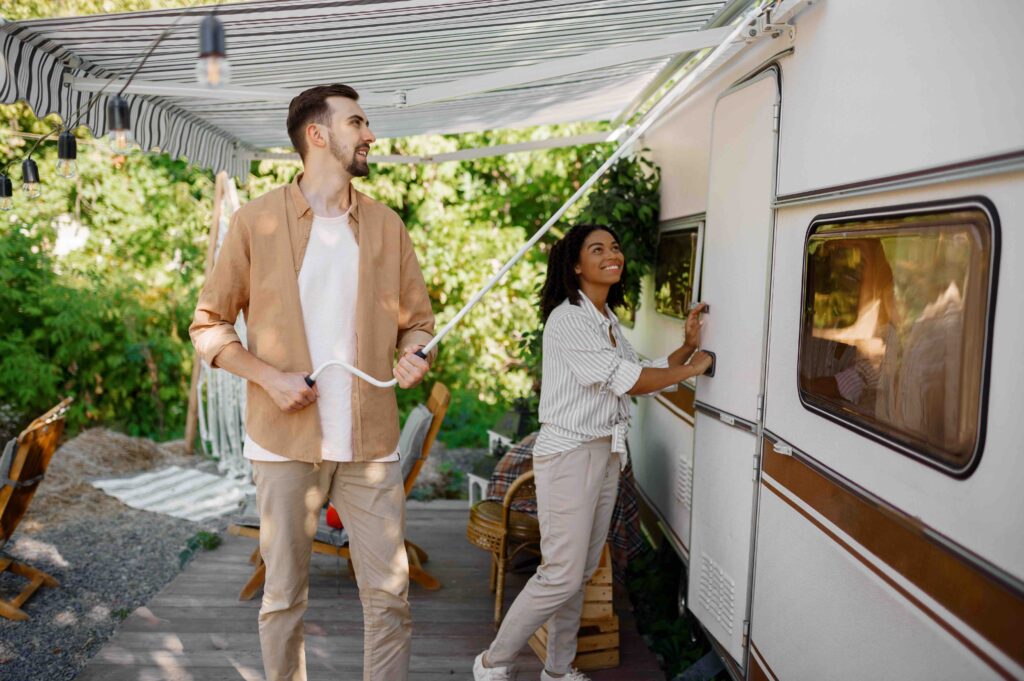
It’s important to keep your awning clean and dry after each use to prevent mildew, which can quickly develop in damp conditions. If you store your caravan for long periods of time, make sure you retract the awning so it’s not exposed elements while not in use.
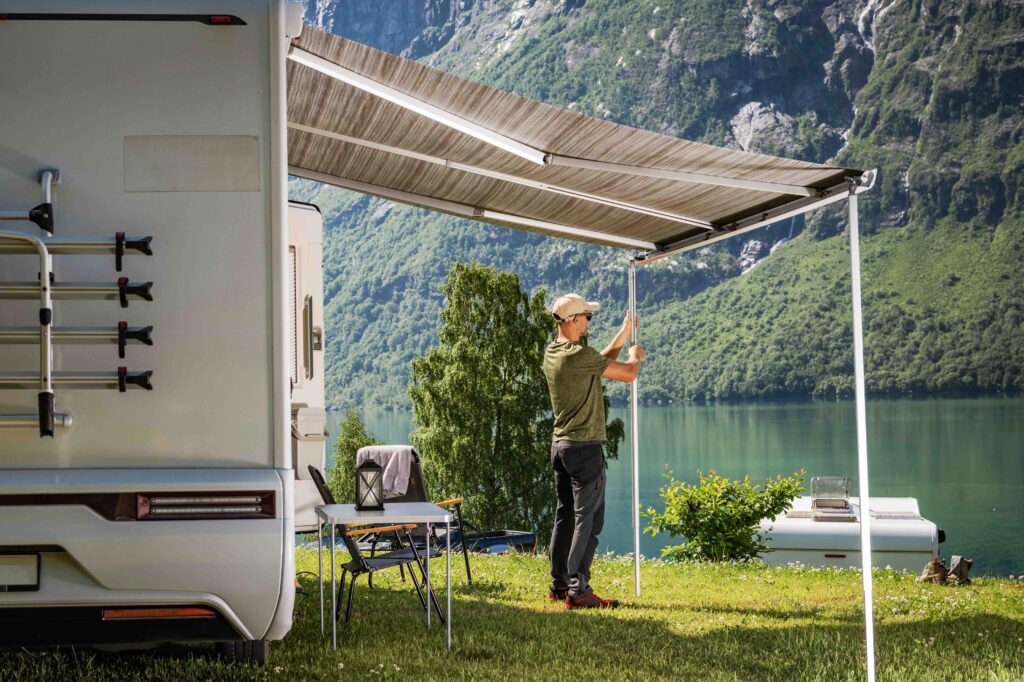
Troubleshooting Common Issues
When Your Caravan Runs into Trouble: Dealing with Flat Tires and Malfunctioning Brakes
When you’re on the road, a flat tire or malfunctioning brake can be a serious issue. Luckily, there are some simple steps you can take to address these common problems.
If you notice that your caravan has a flat tire while you’re driving, pull over to the side of the road as soon as it’s safe to do so. Make sure that you’re far enough away from traffic before getting out of your vehicle.
Once you’ve done so, locate your spare tire and jack and begin the process of swapping out the damaged tire for the spare. When dealing with malfunctioning brakes, it’s important to take immediate action.
The first step is to pull over in a safe location and turn off your engine. Then, check that all connections are secure and ensure that there is enough brake fluid in the system.
Dealing with Electrical Issues
Electrical issues can be one of the most frustrating problems caravan owners face. From dead batteries to faulty wiring, there are many potential causes for electrical issues.
If you find yourself in this situation, start by checking all connections to ensure they’re secure. If your battery is dead or not holding a charge properly, try jump-starting it using another vehicle or battery pack if available.
If this does not work or if your battery continues to fail after being charged multiple times, it may be time for a replacement. If you suspect that it might be an issue with wiring rather than batteries or fuses, we recommend seeking professional help as soon as possible.
Maintaining Your Caravan’s Appliances
Keeping up with regular maintenance on appliances such as the fridge, stove and air conditioning unit can significantly reduce electrical issues down the line. A fridge with a dirty compressor can cause it to work harder and lead to overheating or electrical issues.
The stove also needs regular cleaning, especially if you’re cooking greasy foods. Grease buildup can cause the burners to clog, leading to poor performance or failure entirely.
Air conditioning units should be cleaned and serviced at least annually by a professional technician. This will help avoid dust build-up that can interfere with proper cooling and ventilation.
FAQ’s
Q: What is caravan maintenance?
A: Caravan maintenance refers to the regular upkeep and care of your touring caravan or motorhome to ensure it remains in good working condition.
Q: Why is routine maintenance important for caravans?
A: Routine maintenance is crucial to keep your caravan functioning correctly, extend its lifespan, and ensure your safety while on the road.
Q: How often should I have my caravan serviced?
A: It is recommended to have an annual service to ensure all components are in good working order and to identify any potential issues early.
Q: What are some caravan maintenance tips?
A: Some caravan maintenance tips include inspecting your caravan’s exterior for signs of damage, checking the interior for leaks and dampness, and ensuring all appliances are functioning correctly.
Q: What should I check during an annual service?
A: During an annual service, it is important to inspect your caravan’s habitation area, sterilize water systems, check gas systems, test electrical components, and inspect the chassis and tyres.
Q: How can I keep my caravan looking its best?
A: To keep your caravan looking its best, regularly clean the exterior, protect it from the elements with a cover, and maintain the interior by cleaning upholstery and carpets.
Conclusion
Exterior maintenance is an essential aspect of keeping your caravan safe, functional and looking good. Regularly inspecting the roof for damage or leaks, lubricating hinges and locks, and cleaning awnings are just some of the necessary steps to take towards keeping your caravan in top condition!
